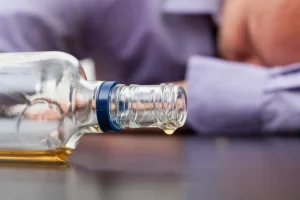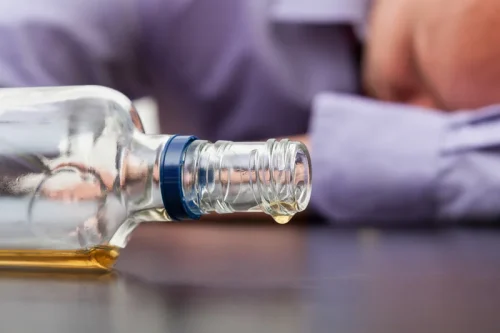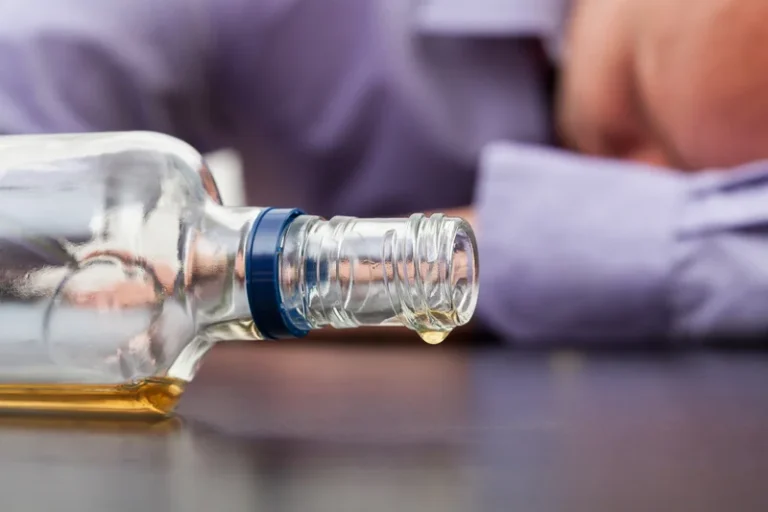
Some people in recovery can handle themselves perfectly well around alcohol and may be hurt if they are not invited places simply because alcohol will be present. This assumption can be incredibly hurtful when coming from you, their partner. On the flip side, it’s also important not to assume someone in recovery is comfortable around alcohol. In a relationship, it’s not difficult to be honest and have a quick conversation in order to avoid any consequences of assumptions.

Love Plus Addiction

During the intervention, you’ll present examples of how their addiction affects them and everyone around them. By identifying behaviors and patterns that aren’t serving you, and taking steps to detach from them, you’re filling your own cup. Letting go of the need to be their savior may involve a grieving process, and it may be a good idea to seek support. You can honor yourself and your boundaries by disengaging from your loved one when they are using. This could mean physically leaving the environment where they are using or refusing to take calls or texts when they’re under the influence.
- Addiction can significantly impact a person’s financial stability and legal status, ultimately affecting their relationships and overall well-being.
- When you’re codependent, you’ll rely on your loved one to validate your sense of self-worth.
- If you’d like to learn more about sex addiction, check out our in-depth interview with Jacqueline Hellyer.
- Learning to distinguish between them can save you a lot of time and can also produce much healthier results for you and your addicted loved one.
You Cover Up for Your Partner’s Problems With Substance Abuse.
The best ways to help a person who is addicted to drugs or alcohol may seem counterintuitive, especially for people who struggle with codependent relationships. Some of these methods may seem harsh, but they come from a loving approach with the ultimate goal to help the person overcome their addiction and to help all parties heal. In some cases, you and your loved one may both struggle with codependency, but also have your own issues with substance use. when you love an addict You may be aware of the need for getting your own treatment for a substance use disorder. There are some couples who go to treatment together, and it is possible to find rehab centers that will admit both of you at the same time to get addiction help. Yet, to an outsider, it may appear confusing as to why someone would stay in a relationship with a person who struggles with addiction.
- However, if you have psychological issues that remain unacknowledged and untreated, they can interfere with your attempts to offer assistance.
- When you’re trapped in a codependent relationship, you’ll never feel empowered.
- At our facility, personalized support is provided to help individuals reconstruct their lives and relationships post-addiction.
- As we get to know our lover, we may want to spend more or less time together, depending on what we learn.
- Insecure attachment styles can further complicate relationships when both partners struggle with addiction.
- Continue to ask them about their weekend plans or invite them to see a movie with you.
Substance Abuse Treatment Programs
Supporting a recovering addict in a committed relationship requires patience, understanding, and prioritizing their recovery. Educate yourself about addiction, evaluate your own codependency patterns and practice self-care. Communicate openly, set boundaries, and consider couples therapy to navigate the challenges and strengthen the relationship.
Both individuals need to focus on their own healing and stability before introducing the complexities of a romantic partnership. It is best to avoid dating someone from the same support or recovery groups to maintain the focus on personal recovery. It is imperative to address these financial and legal issues when providing support to someone struggling with addiction.

Frequently Asked Questions Regarding Loved Ones with Substance Use Disorders
Even though the addict has undoubtedly contributed his or her share of the trouble, in some way you also have a part to play in what is going on. For example, you might be keeping the “drama” going by lending money to your addicted loved one. Or perhaps you are always willing to be there to listen when they tell you all about the problems they are encountering as consequences of their addictive behaviors. Many people choose not to believe this, but that doesn’t make it any less true. Once you can really grasp the reality of this concept and live by it, your life will become much easier.


Let Little Creek Recovery Center guide you down the right path to recovery, personal growth, and long-term sobriety. Ultimately, to break your cycle of codependency you must face it head on, with openness and honesty and without denial or compromise. This can be challenging, but it is necessary if you want to heal yourself and your relationship. Recovery begins with the end of denial—the recognition of the addiction. Some have come to enlist my help in changing the other—essentially in making the addiction work. The constant and insistent demands for reassurance ultimately incite rejection, rage, and threatened disconnect by the partner.

Leave A Comment